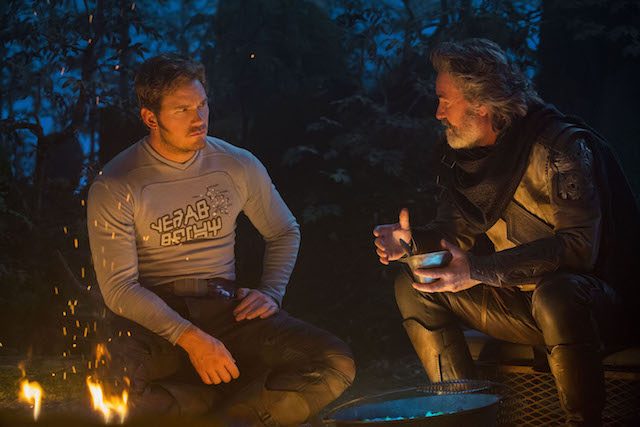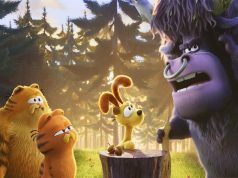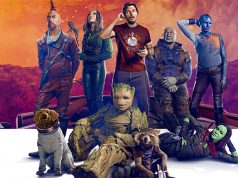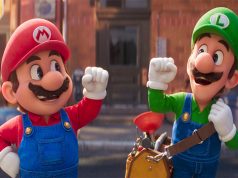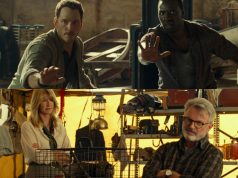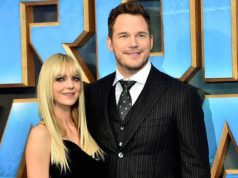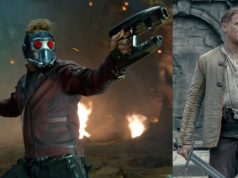Unlike “The Avengers,” where almost every single superhero tries to outshine the others in flamboyant displays of superpowers, “Guardians of the Galaxy” brings together a bunch of antiheroes who were raised to become either criminals or weapons for destruction but find redemption in saving the entire universe from destruction.
“Guardians” is also the franchise with the wittiest exchanges amongst its characters and the best soundtrack, something that was obvious starting from the first instalment and remains in “Guardians of the Galaxy Vol. 2.”
The soundtrack is still an essential element of Vol. 2 as it serves as a backdrop for the film’s most memorable scenes. Most of the action still happens in outer space, and Chris Pratt and Bradley Cooper as Peter Quill and Rocket still deliver the most entertaining arguments in superhero history; even if Rocket has grown quite fond of Peter’s Awesome Mix compilations.
It’s safe to say that the first “Guardians of the Galaxy” film was phenomenal in its own right, a box office success that proved cynics who thought it would be a gamble to invest in non-archetypal heroes in a full-length film, wrong.
“Guardians of the Galaxy Vol. 2” is slightly less earth-shaking, but only because our then insatiable curiosity for these lesser-known heroes has been filled and the film hinges on emotions rather than wonder as it digs deeper into the personal lives of its protagonists. Adding new characters into the mix and focusing more attention on the supporting characters were necessary in developing the life stories of the guardians.
In direct contrast to how “The Avengers” places superhumans on a pedestal to make them more superior than the average person, “Guardians of the Galaxy Vol. 2” strategically brings these extraterrestrial guardians closer to humanity with experiences that any Dick and Harry, Jane and John Doe, could have. Social implications readily appear if one decides to overthink and reflect on such experiences.
Even with the fantastic production value, strange out-of-this-world characters, jaw-dropping fight scenes in an alternate universe, and clever dialogue, “Guardians of the Galaxy Vol. 2” is in many ways a reflection of issues that arise in the most basic unit of society: family.
In the most hyperbolic, fantastic manner, the film tells us that, hey, superheroes from other planets have family problems, too.
When Peter Quill discovers that Ego (Kurt Russell) is his father and that he is actually a demigod, his daddy issues are exposed. Again, he questions why his father abandoned them and doubts his father’s intentions. There is a scene that shows Ego and Peter playing catch, a quintessential cliché that every abandoned child dreams of.
Rocket and Yondu are both alienated aliens who disguise their insecurity with a tough and no-nonsense demeanor; something that we, as insecure humans, also go through.
Then there’s the sibling rivalry between Gamora (Zoe Saldana) and Nebula (Karen Gillan). That and Gamora’s overcompetive streak as a young warrior have resulted in Nebula’s unwarranted hatred for Gamora and their adoptive father, Thanos.
Despite losing his family a long time ago, Drax never quite lost his fatherly streak. This is remarkable in how he provides unsolicited advice to Peter and how he looks after Baby Groot.
The most obvious—and arguably most important—lesson that “Guardians of the Galaxy Vol. 2” imparts is that you can’t choose your family; your family chooses you.
This is showcased in the way these misfits from the galaxy chose to unite as a single unit and protect each other’s—and the rest of the world’s—welfare at all cost; and in how Yondu, played by Michael Rooker, chose to be the daddy that Peter never had despite the unusual circumstances, up until that tearful scene where he proves just how much of a better father he is than Ego.
The sequence is made more emotional by Cat Stevens’ “Father and Son” playing in the background, telling us once and for all that blood, even in its thickest form, isn’t always the best measure of parental affection and genuine love.

